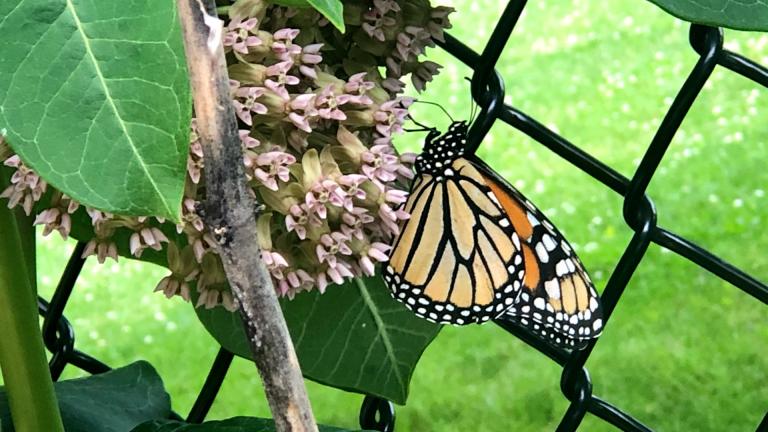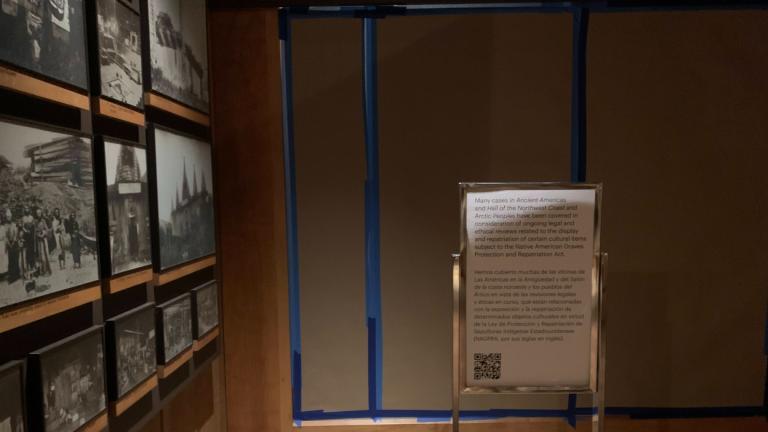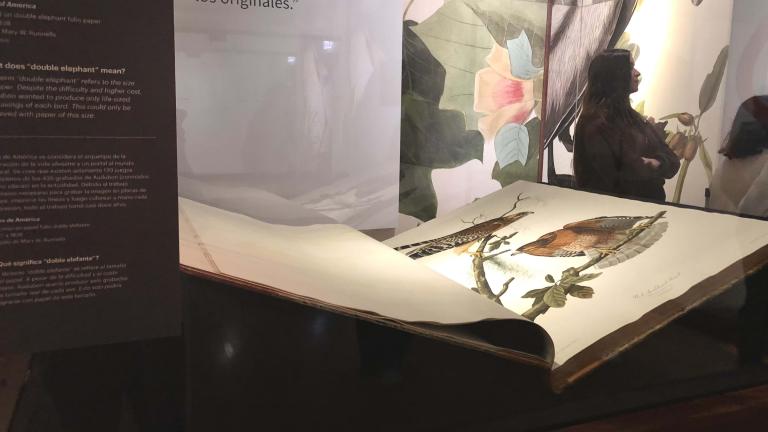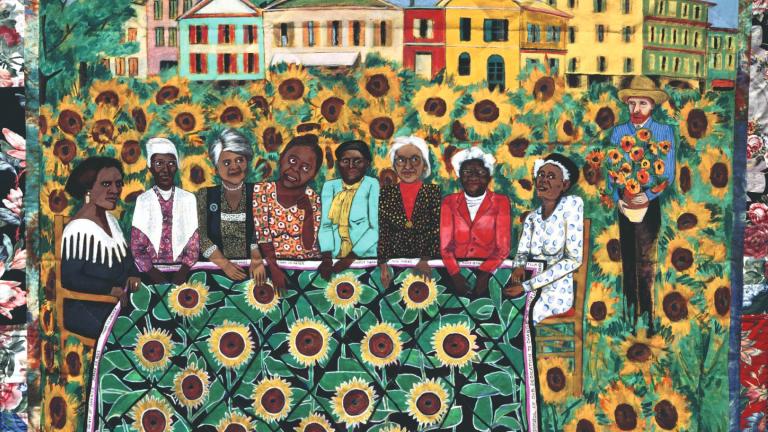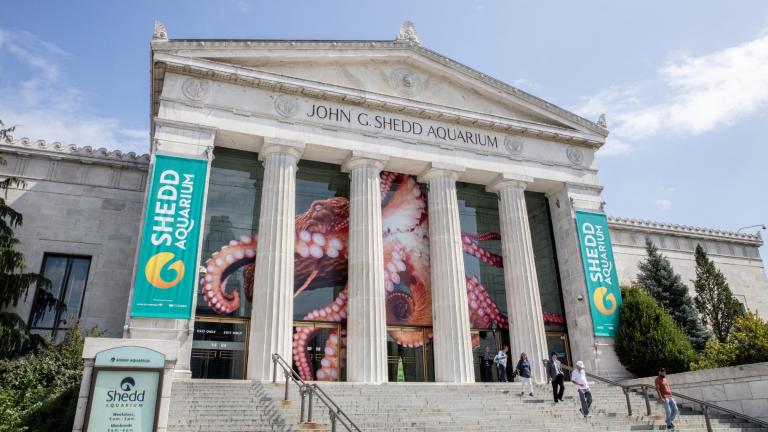A new study by a Field Museum biologist shows that despite protections, life inside nature reserves can be affected by the environment surrounding the reserve. Steve Goodman joins us on Chicago Tonight at 7:00 pm to tell us more, and how this affects Chicago. View the full study in the PDF below and view a photo gallery. Chicago Tonight spoke with Louise Emmons, a scientist from the Smithsonian Institute, who contributed to the study. Read the Q & A with her below:
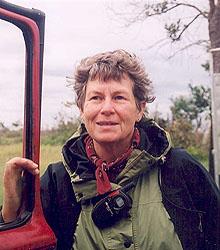 Can we measure increases and decreases in biodiversity in protected areas over the long-term?
Can we measure increases and decreases in biodiversity in protected areas over the long-term?
Yes, we can if we have data. The critical thing is to study something for many years and look at changes that occur. Climate and human population take years to measure because you first have to have a baseline for it to know what’s normal, and keep studying for many years to see if things are changing. The test sites that Bill Laurance picked had quite a few years of study so we had some idea.
Have you seen a decline?
On my study site (Bolivia) the rodents have declined and carnivores, mainly the maned wolf, have too. I’ve observed a big population decrease in the past 10 years, and that’s going hand-in-hand with the number of rodents. Rainfall has also dropped in the dry season-it may not have anything to do with people, or the direct effect of people if things are changing in the climate.
How much of the decline is manmade and how much is nature?
We don’t know whether the changes in climate are caused by man or not. You can’t really answer that question. But if it were manmade, it was indirectly, by man doing things that changed the amount of rainfall.
 Which type of species is doing well?
Which type of species is doing well?
Some of the smaller rodents are doing well. We haven’t lost any species that we know of completely. Small animals have a lot of variation naturally from years to years. We don’t know, we might go back to find more, which is why we keep studying to measure ups and downs.
What is the main message of the study?
The majority of parks are showing decline and degradation of the fauna.
Why should people care?
We are species of animals on the earth like all the others. We depend on the ecosystem to produce the plants we eat, and animals. If those collapse, it’s part of our world too. Personally, I believe the richness of the earth is valuable in itself, not just how much money it’s worth but it’s intrinsically valuable. When you lose it, it’s gone forever and you can’t get it back.







